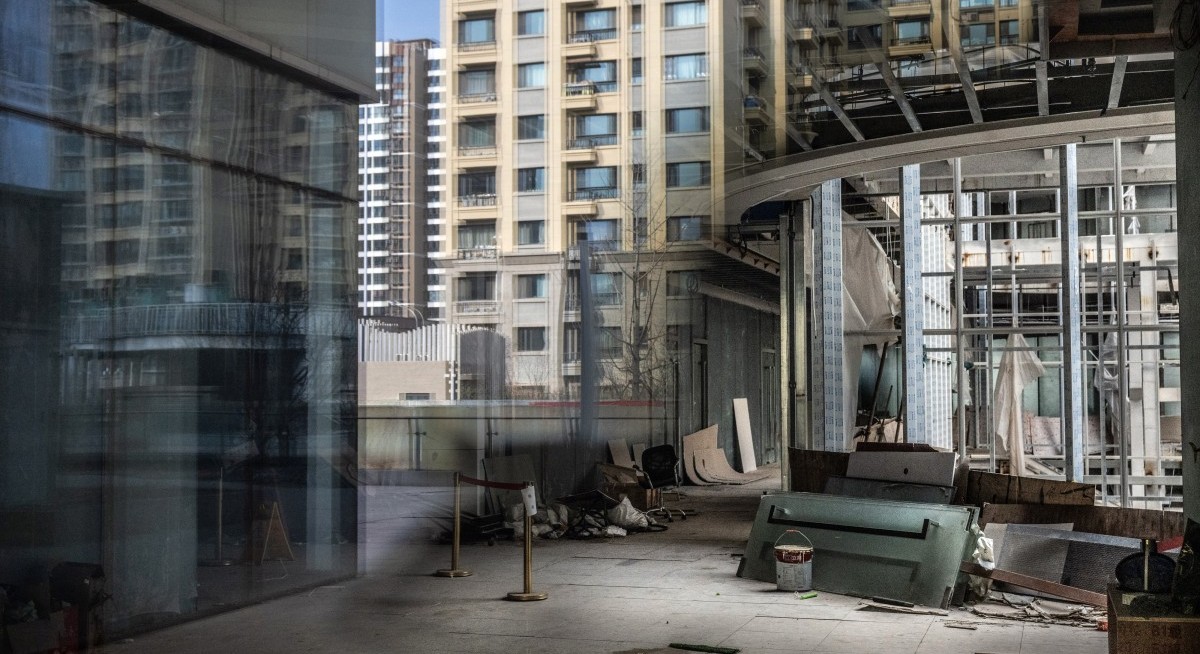While policymakers have rolled out a slew of measures aimed at propping up the housing market, sales are still sluggish and Chinese developers continue to face challenges. So far, eight of the country’s 30 major builders that have defaulted on dollar debt have received liquidation orders, including China Evergrande Group and China South City Holdings Ltd., according to Bloomberg-compiled data.
Many defaulted companies are still working on onshore debt plans also. Bondholders who once banged tables and peppered executives with questions during debt negotiations are now more muted, people familiar with several Chinese real estate restructuring deals said.
“Creditors have come to realize that things won’t get better anytime soon, so they’re willing to take larger haircuts,” said Ron Thompson, managing director and head of the Asia restructuring practice at Alvarez & Marsal.
When Sunac’s restructuring process began in 2022, creditors balked at a proposal to swap some debt for equity at a conversion price of HK$20 a share, Bloomberg reported
earlier. In February 2023, they held contentious all-day meetings with the Chief Financial Officer Gao Xi seeking better terms. Months later, more than 75% of offshore creditors had signed on to the deal with a much lower conversion price.
See also: CDL-Woh Hup JV places top bid for Tanjong Rhu GLS site, beating out four others
Less than two years after completing its initial restructuring, Sunac ran into repayment problems and pursued another one. This time, the deal took about two months to officially wrap up, compared with a little over a year for its first restructuring.
Such condensed debt talks are becoming more common across the property sector. In general, some bondholders don’t even bother to dial in to calls about small things once the basic restructuring framework is done, according to two restructuring advisers.
Yuzhou Group Holdings Co., for example, spent more than two years negotiating its restructuring, which it sought court approval for last year. When it later revised some terms, it faced little opposition from bondholders, according to people familiar with the matter, and the deal was concluded within months.
See also: Hillhouse-backed EZA Hill defends ‘contrarian’ investment focus on industrial, logistics assets
While some creditors are willing to accept more onerous terms, others are choosing to abandon debt talks and seek immediate liquidation. That was the case with state-backed builder China South City.
The company missed a couple of deadlines set by a key bondholder group and eventually proposed restructuring terms that were far from the recovery of around 70-80 US cents on the dollar that bondholders had sought, people familiar with the matter said.




